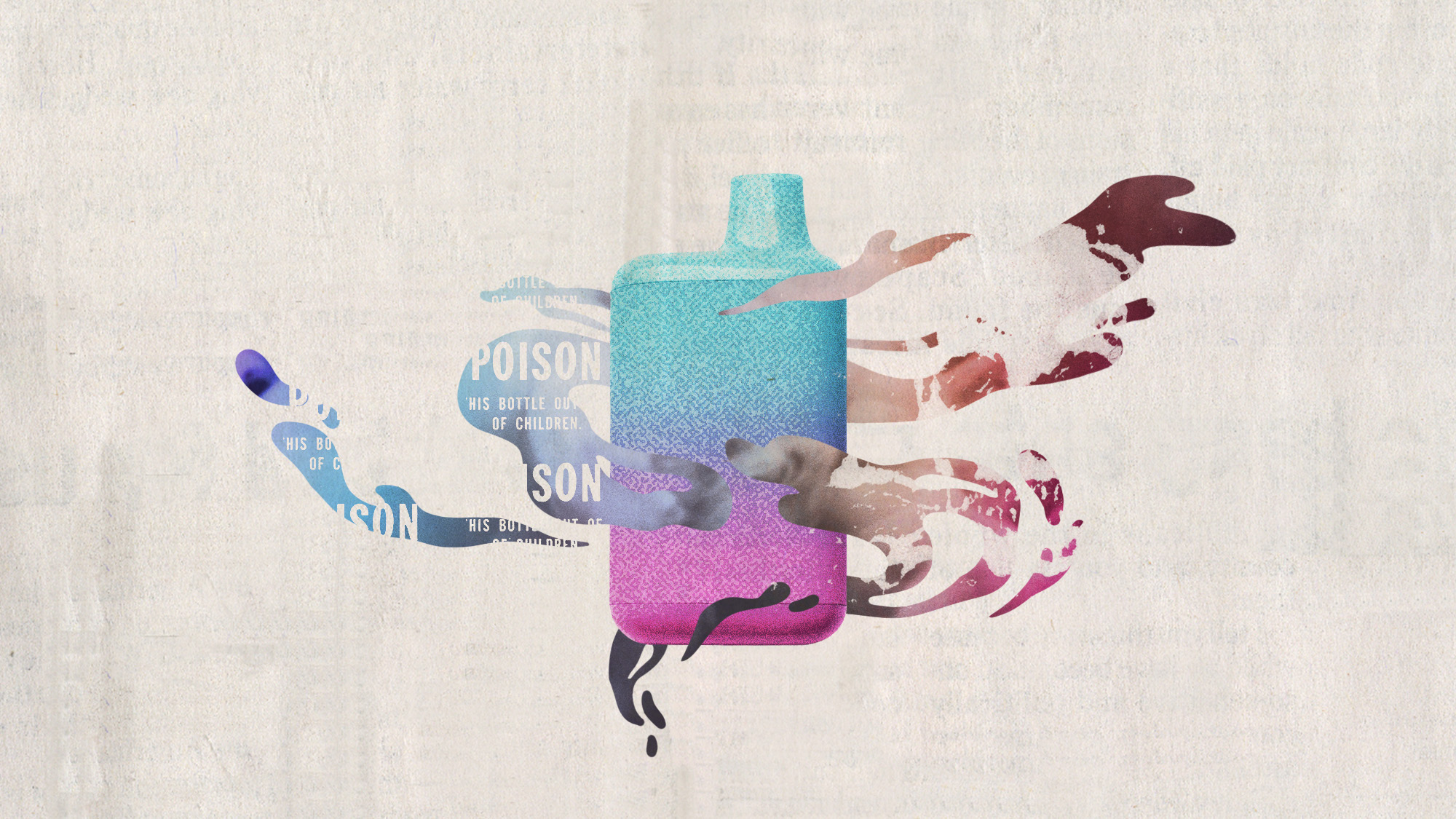California governor signs employment discrimination bill protecting after-work cannabis use


A free daily email with the biggest news stories of the day – and the best features from TheWeek.com
You are now subscribed
Your newsletter sign-up was successful
California Gov. Gavin Newsom (D) on Sunday signed into law a bill that adds California to the list of states that do not allow employers to penalize employees who smoke marijuana "off the job and away from the workplace," the Los Angeles Times reports.
According to Assembly Bill 2188, sponsored by Assemblymember Bill Quirk (D-Hayward), the new law will restrict employers from basing employment decisions on a drug test that indicates the presence of "nonpsychoactive cannabis metabolites" in an employee's hair or urine.
After using cannabis, the cannabinoid responsible for causing mind-altering effects, tetrahydrocannabinol (THC), can remain in the body for several weeks. Those metabolites do not indicate that the person is presently intoxicated but rather that they have recently consumed cannabis.
The Week
Escape your echo chamber. Get the facts behind the news, plus analysis from multiple perspectives.

Sign up for The Week's Free Newsletters
From our morning news briefing to a weekly Good News Newsletter, get the best of The Week delivered directly to your inbox.
From our morning news briefing to a weekly Good News Newsletter, get the best of The Week delivered directly to your inbox.
Dale Gieringer, director of the California chapter of cannabis advocacy group NORML, responded to the news, saying, "Workers should have the same right to use cannabis as to use other legal substances off the job."
Exceptions to the law include people working construction jobs and applying for or being employed in a role requiring a federal background clearance. Employers are still allowed to require drug tests as a prerequisite for employment, so long as the drug tests "do not screen for nonpsychoactive cannabis metabolites."
Newsom signed nine other cannabis policy bills along with the employment discrimination bill. Other policy changes include sealing prior cannabis-related criminal convictions and a new interstate cannabis business transactions process.
The law goes into effect on Jan. 1, 2024.
A free daily email with the biggest news stories of the day – and the best features from TheWeek.com
Theara Coleman has worked as a staff writer at The Week since September 2022. She frequently writes about technology, education, literature and general news. She was previously a contributing writer and assistant editor at Honeysuckle Magazine, where she covered racial politics and cannabis industry news.
-
 James Van Der Beek obituary: fresh-faced Dawson’s Creek star
James Van Der Beek obituary: fresh-faced Dawson’s Creek starIn The Spotlight Van Der Beek fronted one of the most successful teen dramas of the 90s – but his Dawson fame proved a double-edged sword
-
 Is Andrew’s arrest the end for the monarchy?
Is Andrew’s arrest the end for the monarchy?Today's Big Question The King has distanced the Royal Family from his disgraced brother but a ‘fit of revolutionary disgust’ could still wipe them out
-
 Quiz of The Week: 14 – 20 February
Quiz of The Week: 14 – 20 FebruaryQuiz Have you been paying attention to The Week’s news?
-
 Ex-South Korean leader gets life sentence for insurrection
Ex-South Korean leader gets life sentence for insurrectionSpeed Read South Korean President Yoon Suk Yeol was sentenced to life in prison over his declaration of martial law in 2024
-
 Rubio boosts Orbán ahead of Hungary election
Rubio boosts Orbán ahead of Hungary electionSpeed Read Far-right nationalist Prime Minister Viktor Orbán is facing a tough re-election fight after many years in power
-
 Key Bangladesh election returns old guard to power
Key Bangladesh election returns old guard to powerSpeed Read The Bangladesh Nationalist Party claimed a decisive victory
-
 Epstein files topple law CEO, roil UK government
Epstein files topple law CEO, roil UK governmentSpeed Read Peter Mandelson, Britain’s former ambassador to the US, is caught up in the scandal
-
 Mexico’s vape ban has led to a cartel-controlled black market
Mexico’s vape ban has led to a cartel-controlled black marketUnder the Radar Cartels have expanded their power over the sale of illicit tobacco
-
 Iran and US prepare to meet after skirmishes
Iran and US prepare to meet after skirmishesSpeed Read The incident comes amid heightened tensions in the Middle East
-
 EU and India clinch trade pact amid US tariff war
EU and India clinch trade pact amid US tariff warSpeed Read The agreement will slash tariffs on most goods over the next decade
-
 Israel retrieves final hostage’s body from Gaza
Israel retrieves final hostage’s body from GazaSpeed Read The 24-year-old police officer was killed during the initial Hamas attack
